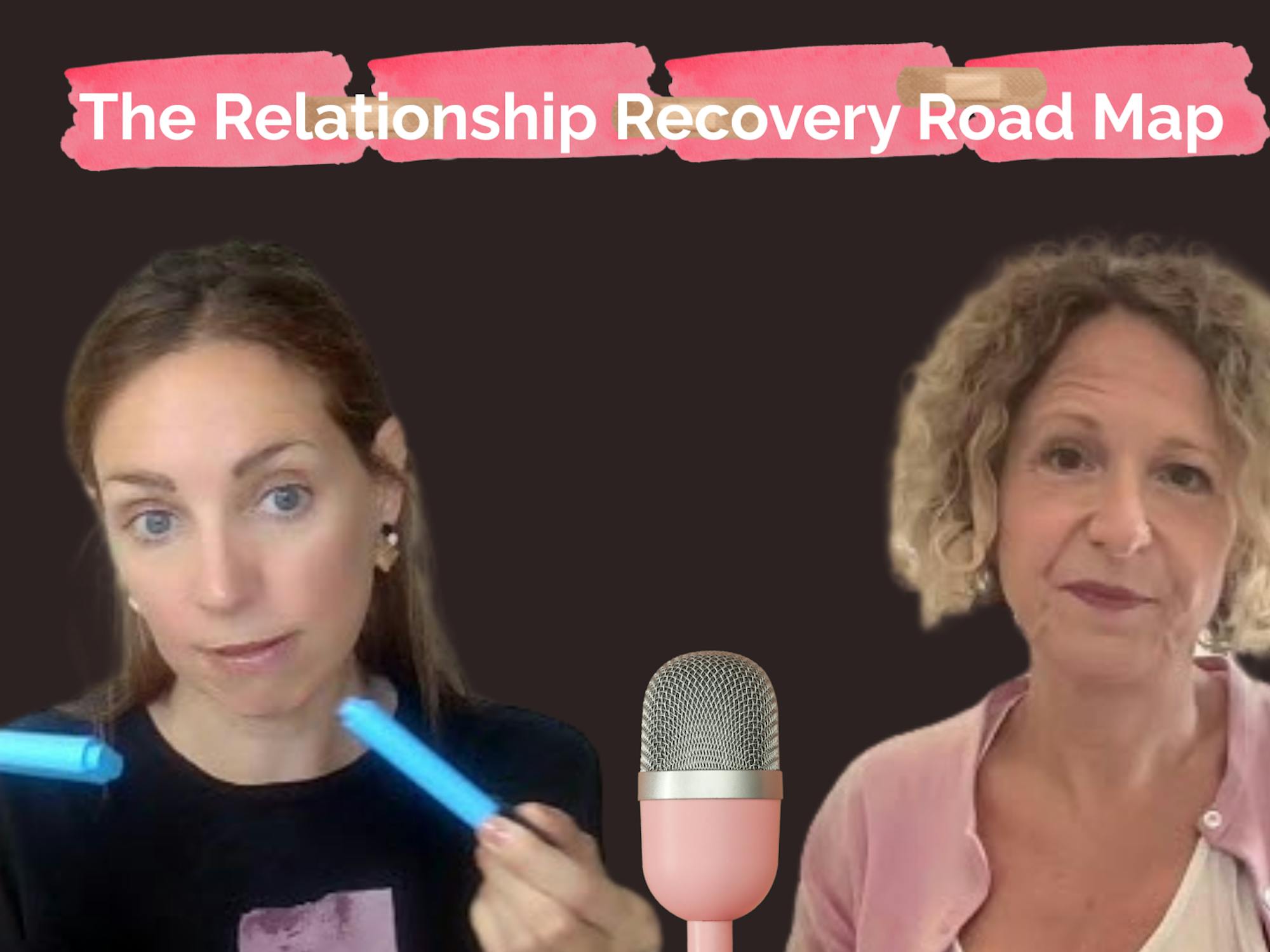How a failing relationship affects more than just your emotional wellbeing
Discover the far-reaching consequences of a deteriorating relationship in our latest blog post. Uncover the surprising ways it can touch every aspect of your life, from your mental and physical health to your career and social connections. Gain valuable insights into the intricate web of connections that make up our lives and learn how nurturing your relationships can be the key to a happier, more fulfilling existence.

When we are struggling in one area of our life we sometimes like to compartmentalise and assure ourselves that this won’t have a wider effect on other things. So what if we’re not happy at work, we tell ourselves. That’s just an enabler to other things that are more important to us and may be impacting our emotional wellbeing.
No big deal. Right?
But what if the struggles were in fact having a bigger effect on the whole than we’d like to admit?
How about if the struggle that we’re dealing with is in our relationship, and could that be impacting on other areas without us even recognising it?
Could it even be that physical symptoms we are experiencing might be linked to an unresolved issue in our relationship that we are suppressing or containing to the best of our ability day-to-day but that there is a hidden cost in our body that eventually comes to light?
Latest research about the link between relationships and physical health
A recent study in Social Psychology and Personality Science, shows that people with more positive experiences and fewer negative experiences reported lower stress, better coping, and lower systolic blood pressure reactivity leading to better physiological functioning in daily life.
While a healthy relationship can uplift and motivate us, an unhealthy relationship can take a toll on our mental, physical and emotional well-being.
Let’s look at how.
5 signs your relationship is affecting your physical health
Stress-related illnesses
Relationships can be a significant source of stress, which can lead to stress-related illnesses as well as poor emotional wellbeing. When we’re under chronic stress, our body produces hormones like cortisol and adrenaline, which can affect our immune system, digestion, and cardiovascular system. This can increase the risk of illnesses like high blood pressure, heart disease, digestive disorders, and autoimmune diseases.
Sleep problems
When we’re in a difficult relationship or even going through a bad patch, it can be difficult to sleep well. We may have trouble falling asleep or staying asleep due to anxiety or emotional turmoil. This can lead to insomnia or disrupted sleep patterns, which can have a significant impact on our physical health. In the short term, adrenaline can boost our energy levels and help us to feel more alert but when these spikes in adrenaline occur when we’re home with our partners in the evening, these spikes can lead to an inability to sleep, causing fatigue throughout the day. Constant exposure to adrenaline can have a negative impact on our energy levels. When we’re in a state of chronic stress, our body produces high levels of adrenaline over an extended period. This can lead to physical and mental exhaustion, as our body becomes depleted of energy resources.
Chronic pain
Being in a bad relationship can also cause chronic pain, as stress and tension can cause muscle tension and inflammation. This can lead to conditions like tension headaches, migraines, back pain, and fibromyalgia.
Weight fluctuations
In some cases, being in a bad relationship causes weight fluctuations. This can be due to emotional eating or neglecting our physical health due to emotional distress. It’s common to crave and eat more food, especially high-calorie and high-carbohydrate foods when stressed. One reason for eating more when stressed is the release of hormones cortisol, ghrelin and leptin, which all affect our appetite. Weight fluctuations can increase the risk of obesity, which can lead to a range of health problems.
Skin problems
Stress can also affect our skin, leading to problems like acne, rashes, and hives. It can also cause premature ageing, as stress hormones can break down collagen and elastin, leading to wrinkles and fine lines.
5 ways to reduce stress in your relationship
While some stress in a relationship is normal, it’s important to address it and work on reducing it before it becomes chronic and affects the emotional wellbeing and physical health of both partners… and possibly other people around us like our children.
Here are some strategies to help reduce stress in a relationship:
Communication
Clear and effective communication is key in any relationship. Discussing issues openly and honestly can help reduce misunderstandings, resentment, and stress, improving our over-all health and emotional wellbeing. It’s important to actively listen to each other’s perspective and work on finding common ground and solutions that work for both partners.
Practice mindfulness
Mindfulness practices such as meditation, deep breathing, and yoga can help reduce stress and promote relaxation. Consider practising mindfulness together with your partner to help manage stress in your relationship.
Set boundaries… and keep to them!
Setting boundaries can help establish healthy relationships and reduce stress. Discuss and agree on personal boundaries such as time alone, work-life balance, and personal space.
Prioritise self-care
Taking care of oneself is essential to reduce stress and promote physical and emotional well-being. Encourage your partner to engage in activities that bring them joy and help them unwind, such as hobbies, exercise, and spending time with friends.
Seek outside help
If stress in the relationship persists despite efforts to reduce it, consider seeking outside help. A professional therapist or counsellor can provide support and guidance to help improve communication, address underlying issues, and promote healthy relationship habits.
If your physical health is suffering as a consequence to your relationship, take the first step by completing our Clarity Scorecard to see where your relationship is doing great as well as the areas for improvement.
You can also read or listen to our client stories showing what’s possible when we step up to take action to improve our relationship.
- Hormones
- Couples Counselling
- Relationships
- Mental Health



